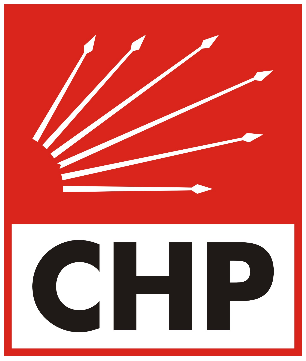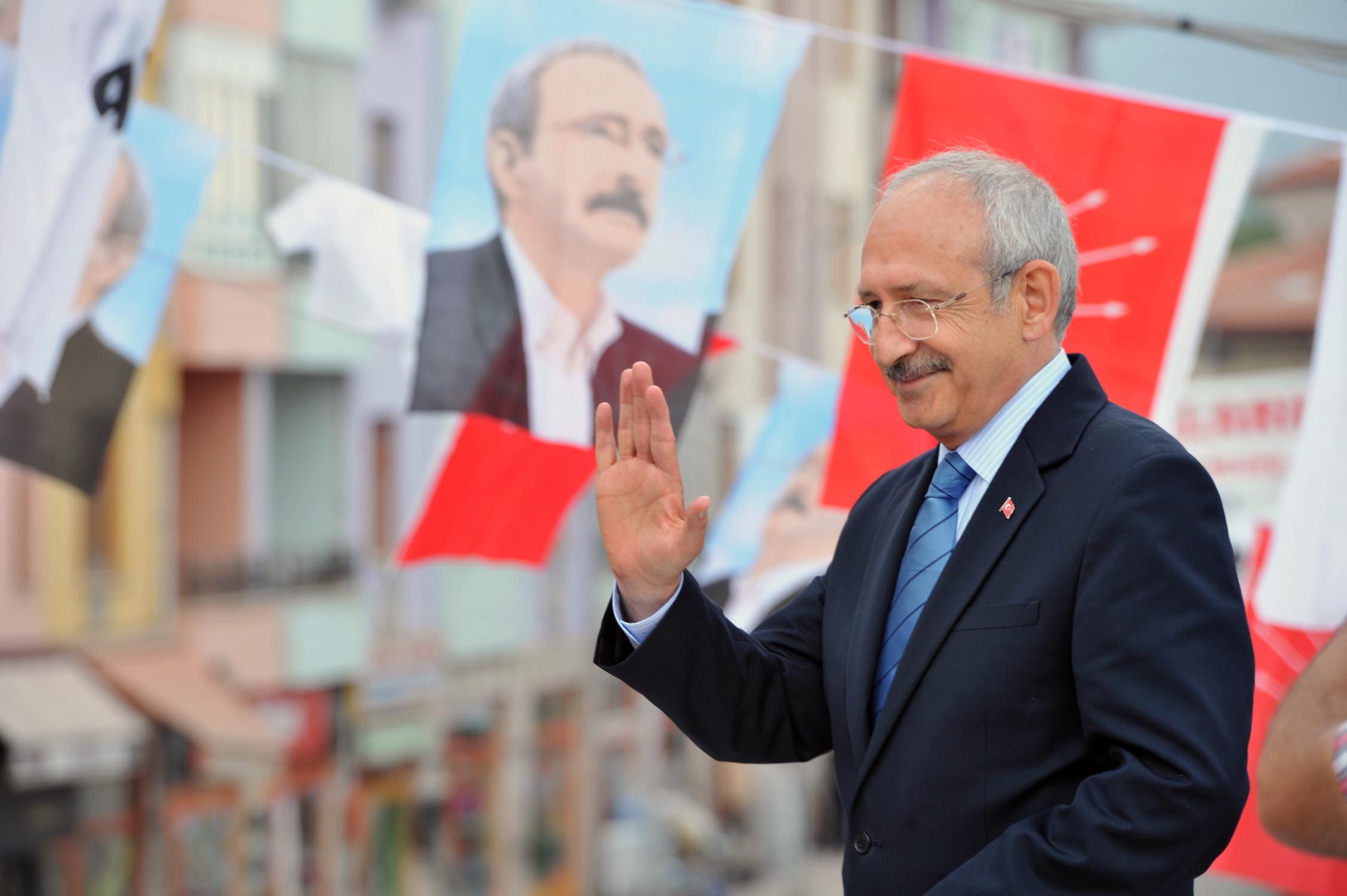[tabs] [tab title=”Profile”]
 At its best, Atatürk’s party has been a beacon for Turkish progressivism. But mostly it is where rival elites have ignored the country and fought among themselves.
At its best, Atatürk’s party has been a beacon for Turkish progressivism. But mostly it is where rival elites have ignored the country and fought among themselves.
The party is as old as the republic, founded in 1923, and mostly ran a single-party regime for the first quarter century of existence. It transformed Turkey from a mostly pious Sultanate to a westward-looking country: traditional Ottoman dress was banned, women were enfranchised, and a Latin alphabet replaced the old Arabic lexicon. These are still the most radical reforms in Turkey’s history.
The CHP reacted badly to its own era of multiparty politics
With fascism becoming distinctly less fashionable after the Second World War, the CHP introduced a multiparty democracy in 1946. Craftily, it called a swift election before opposition parties could take form. Unsurprisingly, it won.
It was not so lucky in 1950. The centre-right Democrats won a landslide, booting the party that built modern Turkey out of office. Never since has the CHP governed alone.
Simply put, the CHP reacted badly to its own era of multiparty politics because it did not know what it stood for. It became a party of the left only in the 1960s and embraced social democracy in the 1970s, but the labels carried little resonance in Turkey, a country dominated by Cold War influences rather than a political spectrum in the European sense.
Opposition for the sake of opposition
The identity crisis lasted well into this century. Even after 2002, when the CHP emerged as the sole opposition to Recep Tayyip Erdoğan’s AK Party, it was difficult to describe it as a party of the left. Against the efficient and popular AK machine the CHP was the party of “old Turkey”: petty antagonism, wails of creeping Islamism and – astonishingly – calls for the military to stage another coup were all part of its tired mantra.
It was a policy with zero electoral benefit. The CHP did increase its share of the vote in subsequent elections, but this was because the AK Party era had forced Turkish politics to consolidate and there were fewer parties afloat on the Turkish left wing.
Kılıçdaroğlu turned inward to rid the party of its cronies
Change came in 2010, when long-time party leader Deniz Baykal stepped down in a sex scandal and was replaced by Kemal Kılıçdaroğlu, who had run an impressive albeit unsuccessful campaign for the Istanbul mayoralty the previous year. He assumed the reins of a party with a serious image problem: the CHP regularly came top in surveys when voters were asked which party they would never vote for.
More moderation
But it wasn’t just the party image that needed detoxifying; it was the party itself. After modest gains in the 2011 election, Mr Kılıçdaroğlu turned inward and took to ridding the CHP of its cronies. It was a turbulent process because many claimed the party was ditching Ataturk’s legacy and veering to the right in an attempt to claim ground from AK.
The final straw for some was when the CHP nominated Ekmeleddin İhsanoğlu, an openly religious right-winger, as its presidential candidate in 2014: the nationalist ulusalcı wing walked out.
So the CHP that fought the 2015 general elections was radically transformed. Gone was the party’s reflex opposition to everything the AK Party had done; in its place came lukewarm support of headscarves in public buildings and costed policy ideas like increasing the minimum wage above 1000 lira. It was also alone among Turkey’s major parties to run primaries to select a majority of its parliamentary candidates.
But Mr Kılıçdaroğlu’s attempt to broaden the CHP’s appeal didn’t succeed: the party’s support remains stubbornly at around a quarter of the Turkish electorate.
Plainly, he has failed to persuade centre-right and nationalist voters over from the AK Party and MHP, and in 2015 there was the added factor of the Peoples’ Democracy Party (HDP), a pro-Kurdish outfit that was preferred by many left-wingers and liberals.
But for how long?
Despite this failure, Mr Kılıçdaroğlu overcame a leadership challenge and, in 2017, the party’s policy appears to be business as usual. He vehemently opposed the July 2016 military takeover attempt (even appearing alongside Mr Erdoğan at a pro-democracy campaign rally in Istanbul that summer) but also opposes proposals for an executive presidency in Turkey.
With polls consistently indicating he is unpopular among non-CHP voters, it remains to be seen whether Mr Kılıçdaroğlu brand of moderate, system-abiding politics will succeed in securing the No vote he wants on 16 April 2017. [/tab] [tab title=”Factbox”]
Founded: 1920 (re-established 1992)
Leader: Kemal Kılıçdaroğlu
Prominent figures: Deniz Baykal, Şafak Pavey
Seats in parliament: 133/550
Councils won at last election: 173/1000
[/tab][/tabs]





